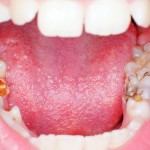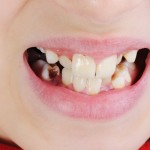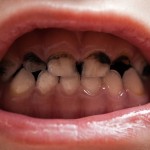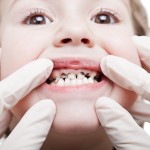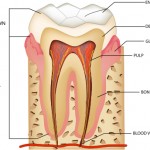
There is a tendency to focus on the prevention of dental caries in children yet is it is a problem that continues to affect old and young alike. While considerable time and effort is spent on preventive programmes for children far less consideration to adults. The American Dental Association Center for Evidence-Based Dentistry has published [read the full story…]

